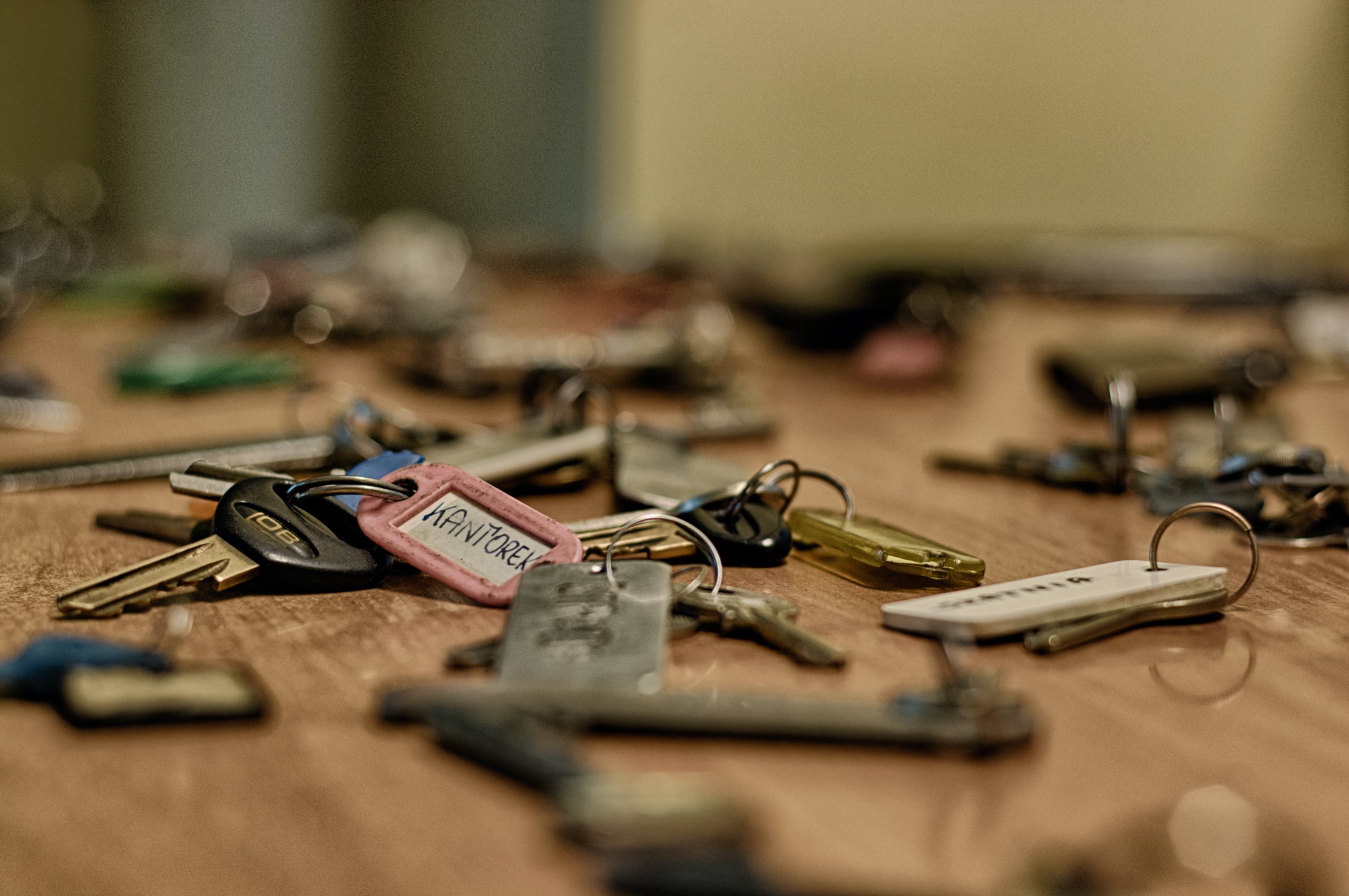The purpose of locks and keys is, of course, to secure premises and keep unwanted intruders out. Sometimes, the law states conditions upon which locks can and cannot be changed at an address, and this is especially true with rental properties.
It’s always a good idea for landlords and tenants to stay up to date regarding the laws and rules about reasons for them to be changed that are permissible and those that are not.
Changing Locks on Rental Units
In general, landlords cannot legally change the locks on tenants for a rental property they own just because they are physically able to do so. Intentionally hampering a tenant’s ability to access a property they are renting (or hampering their right to privacy) is not permissible.
This includes everything from removing doors or windows to shutting off utilities to changing the locks on doors without immediately providing them with new keys.
If a Tenant Is Delinquent on Paying Rent
One of the most common reasons for landlords wanting or needing to change the locks is when a tenant is seriously delinquent on their rent payments. However, this situation would call for legal eviction, and specific legal processes must be carefully followed and carried out for evictions. A landlord cannot just go change the lock because of non-payment.
To begin eviction proceedings, some states require that tenants be given a 30-day written notice of lease termination first. Should the tenant then fail to vacate the premises, they are at that point considered a trespasser. However, different states follow different laws and protocols.
Tenant Turnover
In most states, there are no laws that dictate whether a landlord must change the locks every time a tenant moves out. There are, however, many places with local ordinances in place that may require them to do so.
Landlords should consider doing so anyway; if there are no laws requiring it, that doesn’t mean it’s not a good idea to do it.
Changing the locks when you move in a new tenant is the only foolproof way to ensure that a property is secure. It’s all too easy for people to make copies of keys these days!
Tenants should not expect new keys until security deposits are received and all contracts have been signed. Up until that point, a landlord is legally responsible for the security of the property.
When Are Landlords Required to Change Locks?
Although landlords are not usually required to change locks between tenants, there are other times when legally, they may be responsible to do so. Landlords are legally obligated to provide a safe, secure rental for their tenants.
If a tenant reports that a lock is not working correctly or that damage has occurred to the lock, it should be replaced immediately. By the same token, if a tenant loses the keys and there are no spares available, a new lock must be installed (or the lock re-keyed), and new keys given to the tenant right away.
Changing the Locks Due to Domestic Violence
Different states and localities have different laws in place regarding a landlord’s obligation to change the locks in cases of domestic violence.
Many states extend special protections to tenants who are victims of this type of violence, some of which might be the right to early termination or the right to have the locks changed.
If you are a landlord and a tenant is the victim of domestic violence, you need to know the obligations you have in your specific state and locality.
Some states have housing laws that require landlords to change the locks within 48-72 hours once requested on grounds of domestic abuse, and others do not. Some areas only have requirements for when the abuser lives in the same rental as the abused tenant, and others don’t.
When a lock does have to be changed, under most circumstances, the tenant may be legally responsible for the costs.
The Bottom Line
Any time a landlord wants to change the locks on a tenant, there are different rules, protocols, and procedures that must be followed. There are times when a landlord can freely change locks, such as in between tenants, and there are other times when it is illegal to do so.
Tenants and landlords both have certain obligations and should always be aware of what those are, especially when it concerns changing locks.










